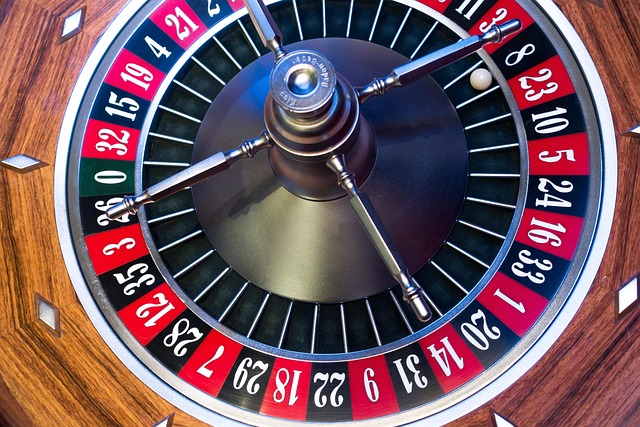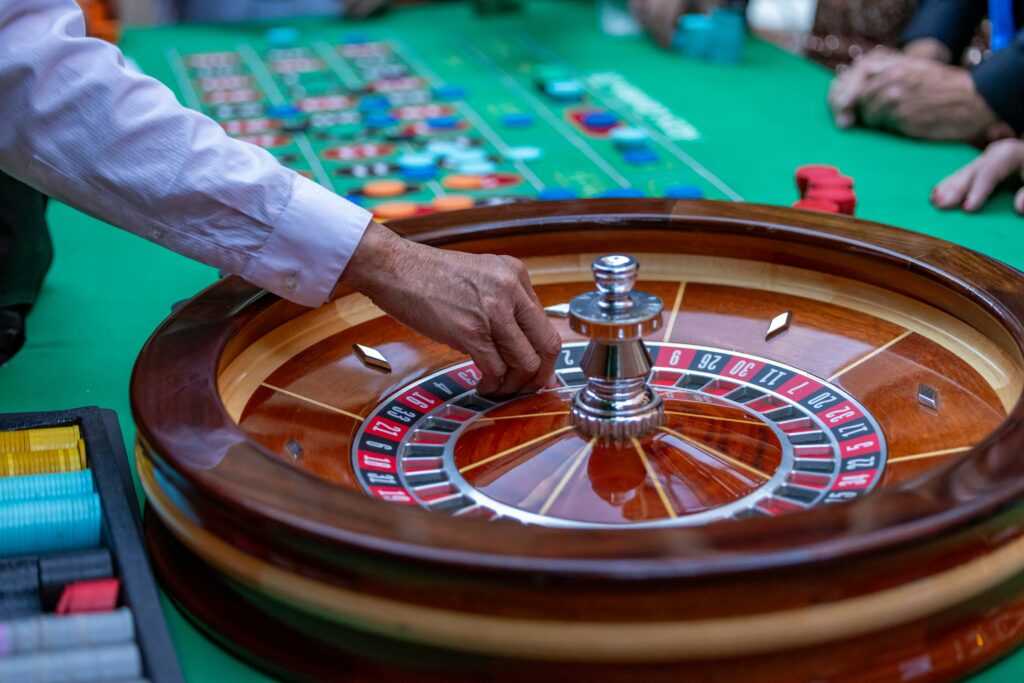Where the Money’s Shifting
Entertainment dollars aren’t infinite. And more of them are heading toward online gambling platforms. Sportsbooks, casino apps, and fantasy leagues are winning mindshare and wallets as their reach expands beyond traditional gambling audiences. Thanks to mobile access, 24/7 live odds, and targeted promos, online gambling slots neatly into people’s downtime the same way Netflix or Spotify once did.
Meanwhile, legacy entertainment industries are feeling the dip. In 2023, movie theater attendance dropped another 9% globally, while live sports saw fewer ticket sales despite rising streaming engagement. Traditional casinos are facing steeper competition, not just from other venues, but from the phones we carry in our pockets.
Consumer data backs the shift. A recent Nielsen survey showed that nearly 1 in 4 leisure dollar earners under 40 now classifies online gambling as one of their top three entertainment spends placing it ahead of concerts, cable TV, and even video games in some cases. And it’s not just about staking money. It’s about time, routine, and reward. The entertainment landscape is reshaping itself around platforms that offer dopamine, data, and digital convenience. Online gambling checks all three boxes.
Competition or Cannibalism?
There’s more crossover than you might think between someone placing a bet and someone buying a concert ticket or heading to the movies. All of it comes down to how people choose to spend their disposable income and more of that cash is going to online gambling. Younger audiences, in particular, are trading passive experiences for active ones. Instead of a two hour movie, it’s a 20 minute blackjack stream followed by a bet on an esports match.
Platforms like Twitch and YouTube Live aren’t just outlets for creators anymore they’re entertainment ecosystems. Viewers aren’t just watching gamblers, they’re interacting in real time, getting dopamine hits from unpredictability and community chatter. That two way engagement is harder to replicate in a dark theater or even at a live concert.
Meanwhile, Las Vegas casinos are feeling the pinch. While foot traffic has bounced somewhat post pandemic, online betting platforms are luring away frequent players with convenience, variety, and mobile first design. Case in point: top online sportsbooks are reporting month over month user growth that outpaces brick and mortar recovery rates. They’re offering what Vegas can’t instant access, fewer barriers, and round the clock action. The entertainment dollar is being stretched, and traditional formats are no longer the default.
Rewriting the Business Model

The line between gaming and traditional entertainment is getting blurry and that’s by design. iGaming platforms are partnering directly with brick and mortar venues to create experiences that pull audiences in and keep them spending. Think sports bars hosting live streamed matches with real time betting options, or casinos integrating mobile betting lounges alongside table games. These aren’t stunts. They’re a bid to merge the always on digital dynamic with in person energy.
Live viewing events have evolved too. It’s not just watching the game anymore it’s betting on the next goal, instantly sharing odds with friends across apps, or syncing your sportsbook account with a venue’s local promotion. These integrations are building a hybrid experience where the gameplay doesn’t stop when viewers leave the house. They’re turning fans into full time participants.
And these shifts aren’t going unnoticed. Streaming platforms like Twitch and YouTube are recalibrating. With more eyes (and dollars) drifting toward interactive, betting laced formats, traditional streaming has some catching up to do. Platform updates now explore gamified live elements, creator led prediction markets, and plug in betting overlays. The takeaway: attention is finite. Whoever designs for interactivity wins.
Regulation and Ethical Ripples
Online gambling lives in a strange middle ground growing fast while still dodging the kind of regulation traditional entertainment industries have dealt with for decades. Compare that to film, broadcast, and live events, where rules about advertising, underage access, and fair play are baked into the system. Most iGaming operations run under fragmented laws, with loopholes across state lines or international borders. That’s good for business, but murky for everyone else.
The question of who’s actually accountable is still open. Platforms aren’t always proactive. Regulators tend to lag behind the tech. And in the vacuum, vulnerable groups especially younger audiences are exposed to targeted ads, influencers promoting gambling as a lifestyle, and games engineered with addictive mechanics. Meanwhile, lines blur. A streamer cracking a joke while placing a bet on air isn’t the same as a regulated casino ad, but it reaches just as many eyes.
The pressure’s on for clearer guardrails not just from policymakers, but from creators and platforms who want to build trust before the backlash comes. Responsibility isn’t a trend, but ignoring it is a risk.
Long Term Industry Evolution
Despite the noise, traditional entertainment isn’t dying it’s evolving. We’re seeing more of a merger than a takeover. Sports leagues are partnering with betting apps. Casinos are streaming blackjack tables to phones. Movie studios are testing live, interactive screenings with prize pools. The old and new are learning to share the stage because they have to.
Gamification is leaking into everything. It’s not just bonus wheels and leaderboards in apps. Expect to see trivia during halftime shows, streaming series with predictive betting, and music festivals that let you wager on surprise guests. Entertainment used to be passive. Now, it’s a two way street.
Tech makes this convergence possible. AI recommends what to watch or bet on. Mobile makes access immediate. Blockchain is floating ideas about fairer bets and digital ticketing. Consumer behavior is shifting with it. People want control, interactivity, and rewards. That’s what tech delivers, and smart entertainment brands are following suit.
For more on how innovation is fueling growth outside traditional markets, check out Tech Fueling Growth.




